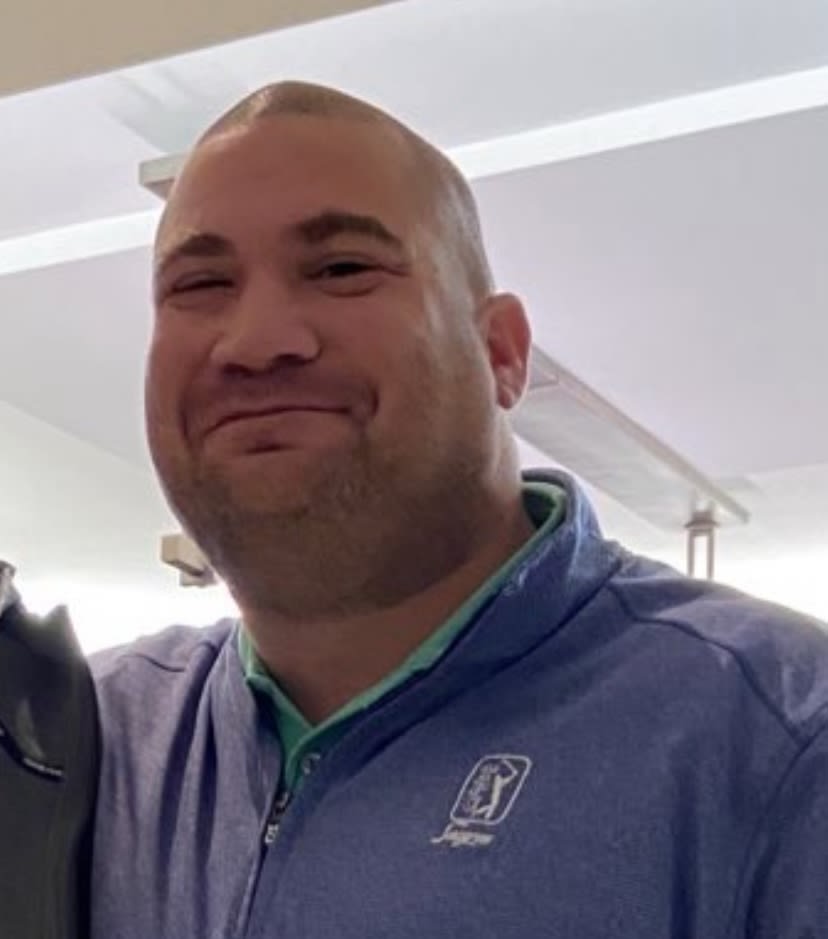This is a summer series in which I, Brian Stultz, examine questions for the Auburn athletic department and its teams entering the 2025-26 sports year. Today: will Jackson Arnold be the antidote for the Tigers' offense?
This past offseason saw a total makeover of the Auburn quarterback room, and it came as no surprise to anyone who was paying attention. After sticking with Payton Thorne and paying the cost last season, Hugh Freeze knew that his third year on the Plains depended on bringing in a quality quarterback who can take the Tigers' offense to another level.
Enter Jackson Arnold, the former Gatorade national player of the year in high school and Oklahoma signal-caller who looked for greener pastures after seeing action in 10 games (four starts) for the Sooners last season with limited success.
Maybe the biggest issue for Arnold last season was the lack of receivers Brent Venables' squad could keep healthy and on the field. And, of course, an offensive line that allowed a nation's worst 3.85 sacks per game doesn't help any cause. Ask Bo Nix what having quality receivers and a line in front of him does for a quarterback.
A fresh start can definitely benefit Arnold, a junior who has seen action in 17 games. The wide receiver corps that Freeze and his staff have surrounded the Texas native with may be the most talented in program history, featuring a number of playmakers who can elevate a good quarterback into a great one. Freeze has already mentioned how Arnold's ball comes out differently in a good way, as has the receivers on the end of the pass. With a spring behind him, the Auburn head coach went on the record of naming Arnold the starter, something unusual for a transfer before fall practice even commences.
Now, it is Arnold's offense. The dual-threat can use his legs (in those 17 games for the Sooners, he rushed 150 times for 444 yards and three touchdowns), which is almost mandatory in a Freeze offense. However, his accuracy needs to improve from 62.6 percent in 2024 when he and Michael Hawkins, Jr. continuously battled for playing time. With receivers such as Cam Coleman, Eric Singleton, Horatio Fields, Malcolm Simmons, and more, Arnold doesn't have to throw every ball perfectly; he just needs to give his playmakers a chance to win the one-on-one battle. If he forms a connection and trusts the receivers, this will pay dividends in the red zone, where the Tigers struggled last season, converting just 48.78 percent of trips into a touchdown.
With Arnold, the leader in the quarterback room, it's now on his shoulders to take his natural skills and convert them into the quarterback everyone thought he could be coming out of high school and what Freeze and his staff were so high on when he entered the portal.
It's the third year of the Freeze era at Auburn, and since he arrived, he has asked for patience until the third year. After two disappointing seasons, the pressure is growing on him to start winning, and now.
Auburn's offense will go as far as Arnold allows it. If he's the antidote needed, it could be a breakout season for him, the Tigers and the Freeze tenure.
